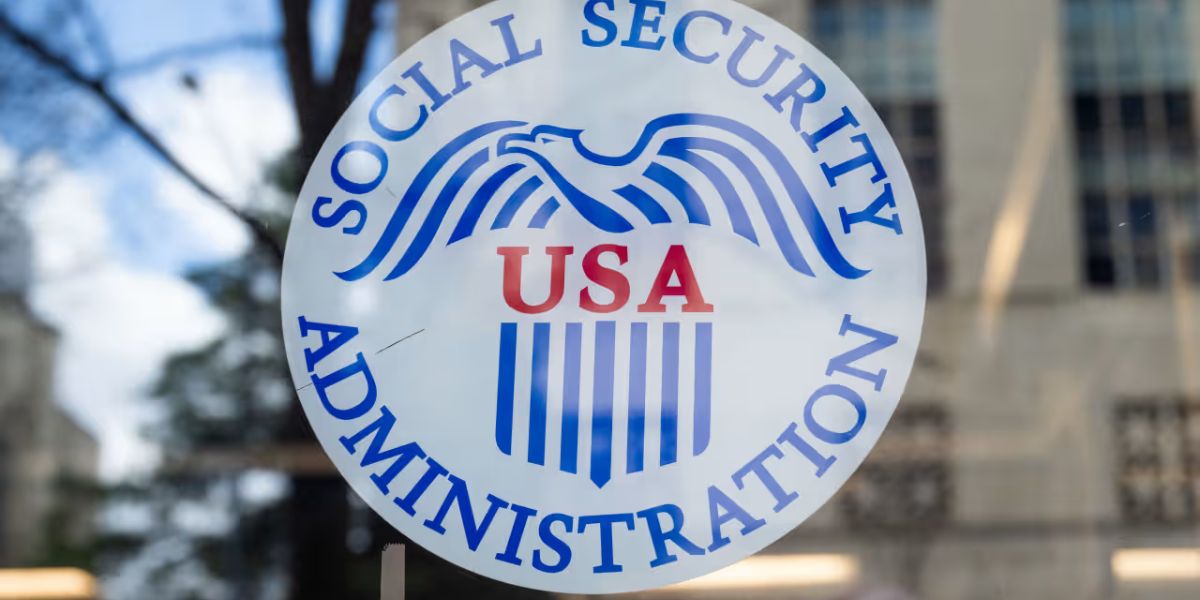Millions of pensioners still rely on Social Security as their lifeline, but fraudsters are coming up with new strategies to take advantage of weak people and steal their payments.
According to the Federal Trade Commission (FTC), fraud involving Social Security is increasing and costs Americans millions of dollars year, with seniors being the primary target.
Staying educated is more crucial than ever since scammers are getting more inventive and aggressive. Learn about the most recent Social Security scams, their methods, and how to safeguard yourself or your loved ones.
The Most Popular Methods of Social Security Fraud in 2025
Scammers usually pretend to be government agents, police enforcement officers, or Social Security Administration (SSA) personnel. These are a few of their more prevalent and harmful strategies:
Phishing phone calls (spoofing caller IDs)
By using technology, scammers might pose as representatives of the Social Security Administration. They frequently assert:
- We’ve suspended your Social Security number.
- You are engaged in criminal or fraudulent conduct.
- Verify your identification or face legal repercussions.
The purpose of these calls is to coerce you into providing personal information or sending money.
Phishing using email and text messages
Nowadays, scammers pose as SSA and send realistic-looking emails or texts. These could:
- Request that you update your records by clicking a link.
- Make a claim that your benefits have been suspended.
- Use words and logos that seem official.
These links frequently take you to phony websites that are intended to install malware or steal your personal data.
Read Also: SSI Payments Scheduled for May 1 and May 30 — SSA Confirms Date Change
Threats of Fake Benefit Suspensions
A more recent fraud threatens to terminate your Social Security benefits unless you take fast action. The con artist could ask for:
- Personal data (banking information, address, and SSN)
- A payment (usually in cryptocurrency, wire transfers, or gift cards)
This is not how legitimate government entities will ever request payment.
Posing as SSA agents or members of the police
Some con artists pretend to be:
- The United States Marshals
- DEA personnel
- SSA fraud investigators
If you don’t comply, they might even threaten to arrest you. The purpose of these scare techniques is to induce panic and compel immediate action.
Online scams and social media
On Facebook, Instagram, and online forums, scammers have made claims that they can provide:
- “Quick-track” Benefits from Social Security
- “Unknown government initiatives” for further funding
- assistance in receiving reimbursement for a fee
These are wholly fraudulent, and victims frequently lose money with no way to get their money back.
How to Guard Against Social Security Fraud?
You can take the following actions to keep others and yourself safe:
Understand the Actual SSA Regulations
- Your number will never be suspended by the SSA.
- No arrest or legal action will ever be threatened by SSA.
- SSA does not require bitcoin, wire transfers, or gift cards as forms of payment.
Hang up right away
- Hang up if you get a strange call. Don’t talk or press any buttons.
Avoid Clicking on Dubious Links
- Never open links in emails or texts purporting to be from SSA. To check your account, always visit ssa.gov directly.
Create an account on My Social Security
- To track your benefits and stop someone else from doing so fraudulently, create a secure online account at ssa.gov/myaccount.
Bring the Scam to Light
Social Security frauds can be reported to:
- http://oig.ssa.gov/Office of the Inspector General (OIG)
- FTC: https://ftc.gov/reportfraud
Get the word out, especially to senior citizens.
Scammers frequently target seniors because they believe they are less tech-savvy or knowledgeable about government procedures. Spend a moment educating:
- Parents and Grandparents
- elderly friends or neighbors
One chat could stop financial loss or identity theft.
To Conclude
Scams involving Social Security are more complex and aggressive than in the past. Your first line of defense is to remain vigilant and knowledgeable. If something doesn’t feel right, it most likely does.
Keep in mind that the SSA never calls, texts, or threatens. If you are being pressured by someone posing as a government official, end the call, don’t answer, and report it.



